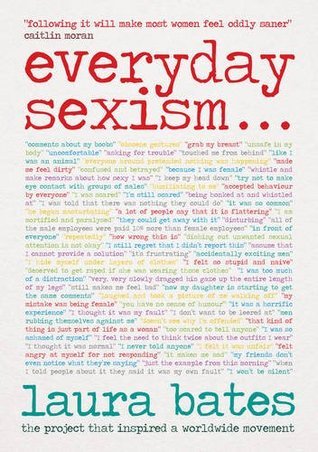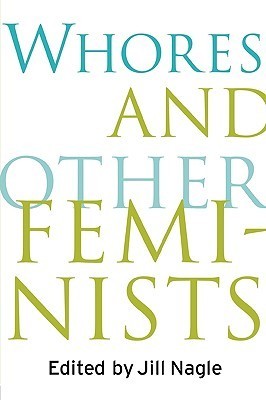
Unspeakable Things: Sex, Lies and Revolution
Book Description
Sex, lies, and revolution collide in a feverish exploration of modern femininity, where the stakes are both personal and political. Laurie Penny takes readers on a whirlwind journey through a world where desire is weaponized and truth is malleable. With razor-sharp insights and unflinching honesty, she unpacks the tangled web of power dynamics, societal expectations, and the fierce rebellion of those who dare to challenge the status quo. Each page pulses with urgency and raw emotion, revealing the hidden struggles that shape women's lives today. What happens when the unspeakable becomes unavoidable?
Quick Book Summary
"Unspeakable Things: Sex, Lies and Revolution" by Laurie Penny is a fervent and incisive examination of contemporary feminism and the daily realities facing women in a society governed by patriarchal norms. Through a blend of personal anecdote, journalism, and critical theory, Penny amplifies the voices of the marginalized and interrogates the myths that sustain gendered oppression. She explores how sexuality, identity, body politics, and economic structures intersect to police and shape women’s realities, emphasizing the inseparability of the personal and the political. Penny’s writing is unflinching and urgent, challenging readers to examine uncomfortable truths about power, desire, and the costs of resistance. The book serves as both a rallying cry and a nuanced manifesto, exposing the lies that prop up inequality and envisioning paths toward liberation.
Summary of Key Ideas
Table of Contents
Intersections of Personal and Political Power
Laurie Penny begins by drawing attention to the intimate connections between personal experience and broader political forces. Through vivid personal anecdotes and sharp reportage, she illustrates how individual struggles are woven into society’s intricate fabric of power and expectation. Penny argues that to challenge injustice, one must confront the deeply internalized narratives shaping perception, especially in regards to gender. By exposing how private traumas and desires often reflect collective problems, she insists that activism must embrace both self-awareness and structural critique.
Sexuality and Desire as Battlegrounds
One of the central threads of the book is the weaponization of sexuality and desire. Penny explores how expressions of desire are scrutinized, shamed, or co-opted through the lens of patriarchal control. She examines the social penalties faced by women who step outside prescribed sexual norms or attempt to redefine pleasure on their own terms. The intricate dynamics of consent, sexual violence, and agency are illustrated with raw honesty, revealing the ways in which desire—far from being private—is contested territory where broader struggles over autonomy play out.
Unmasking Media and Cultural Narratives
Penny turns her lens to media, language, and cultural production, critiquing the stories society tells about women. She dissects the prevalence of misogynistic tropes, double standards, and the pressure to conform to a narrow vision of femininity. Penny highlights how the proliferation of sexist narratives in news, entertainment, and daily discourse reinforces harmful stereotypes and serves as a tool of social control. Through this analysis, she calls for the creation of new, authentic narratives that challenge simplistic or harmful representations of gender and power.
Body Politics and Policing of Femininity
The book examines the policing of bodies, especially how femininity is constructed, commodified, and surveilled. Penny confronts issues such as body image, reproductive rights, and the marginalization of those who do not conform to gender or beauty norms. She underscores how capitalism enlists the female body as both product and battleground, commodifying not only looks but also experiences, vulnerabilities, and labor. The physical and psychological costs of compliance are rendered visible, fueling Penny’s demand for collective resistance.
Rebellion and the Future of Feminism
In its closing chapters, Penny advocates for revolution as both necessity and possibility. She details moments of rebellion—both quiet and explosive—where individuals and communities reject imposed narratives and constraints. Rather than offering easy answers, Penny invites readers to embrace the messiness and contradictions inherent in real change. She contends that the future of feminism lies in sustained, intersectional struggle that is honest about pain but resolute in hope, making the case for activism as a vital and ongoing process toward liberation.
Download This Summary
Get a free PDF of this summary instantly — no email required.





